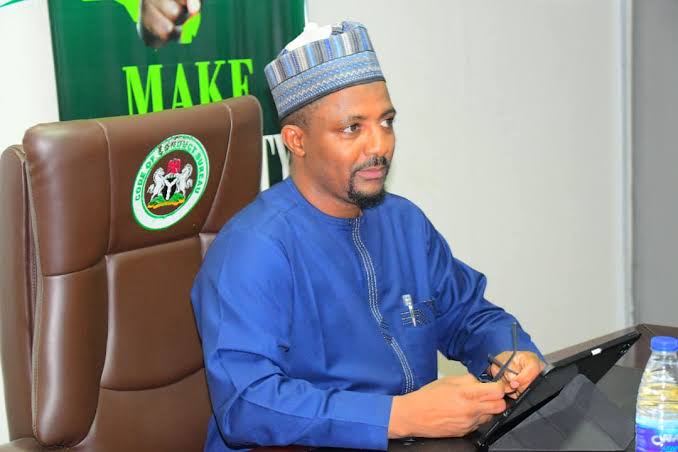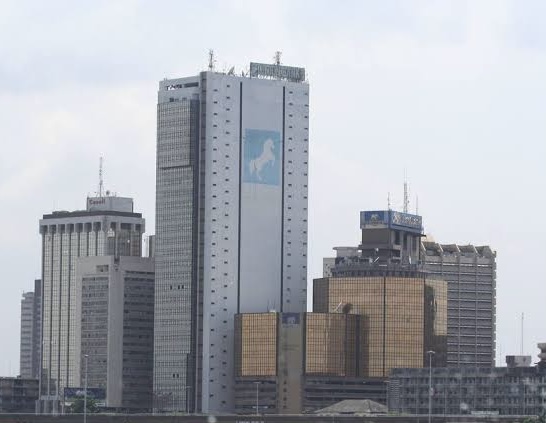
Stressed tired African American man touching temples, suffering from headache after long hours work, overworked overwhelmed businessman sitting at desk, feeling unwell
Months after the enforcement deadline for Nigeria’s new national minimum wage, many workers say they are yet to benefit, as several employers continue to delay compliance.
Human resource experts argue that the situation highlights the persistent gap between government labour policies and workplace realities.
Mufu Abdulrasheed, a 32-year-old employee at a recycling company, said he still earns less than ₦60,000 per month. “The prices of food and transport just keep going up. I want my salary to increase, even if it’s small. I don’t really know much about minimum wage; I just want to work and be paid,” he said in Pidgin English.
His predicament, it was gathered, is more widespread than government is wiling to acknowledge.
HR consultant, Ms. Agnes Umoh, told Anchor News Online that the minimum wage law was meant to ensure a basic standard of living for workers but has been weakened by poor implementation.
“The minimum wage was designed to provide a decent standard of living for workers, but the reality is that many organisations, particularly in the private sector, are dragging their feet. Some cite harsh economic conditions, but non-compliance should attract penalties under the law,” she said.
Another HR professional, Mr. Olufemi Adesina, stressed the need for strict enforcement mechanisms. “It is not enough to pass a law; the government must actively monitor compliance. Many employees are afraid to speak out for fear of losing their jobs. Without strict penalties, some organisations will continue to flout the wage law,” he noted.
For many wage earners, the delay has dire consequences.












